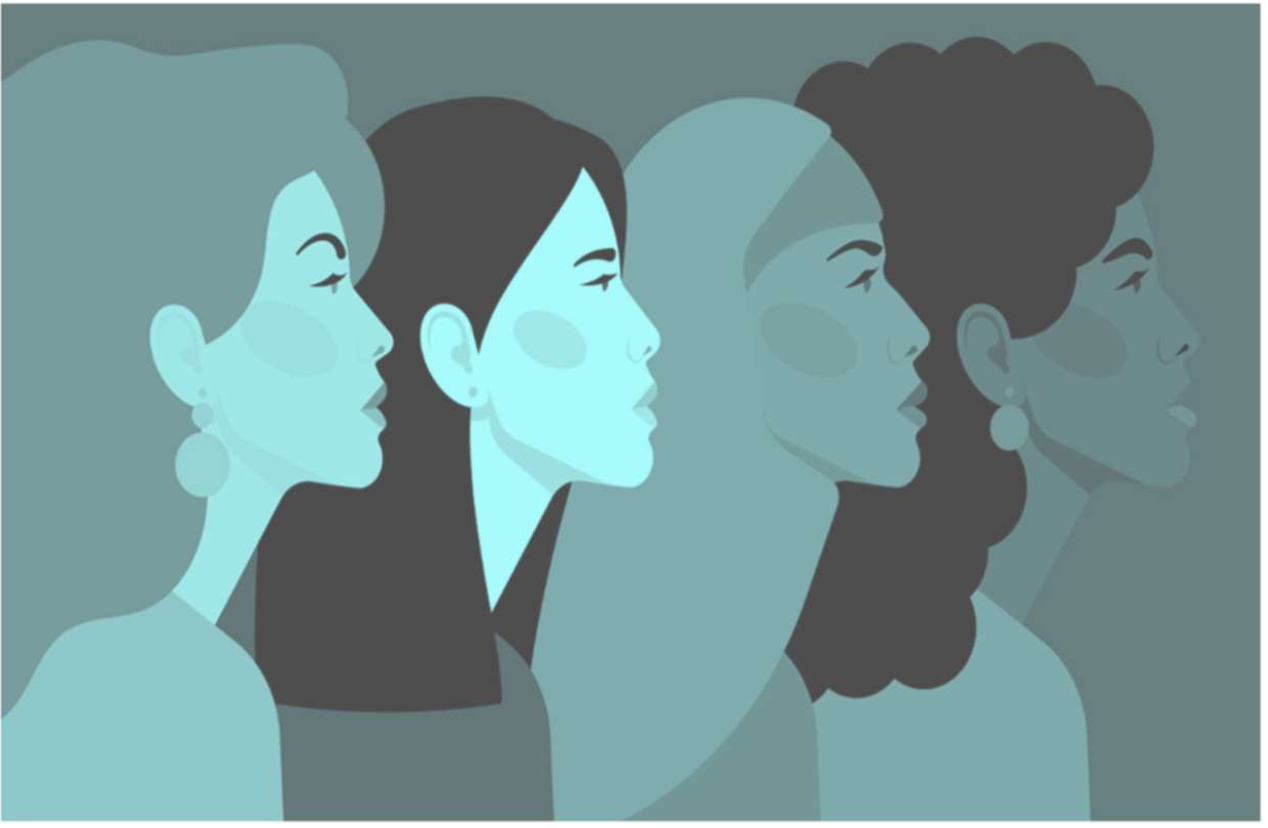FOR IMMEDIATE RELEASE – July 27, 2021
Contact: Erin Weber | weber@iwpr.org | (646) 719-7021
Washington, D.C. – New research from the Institute for Women’s Policy Research shows that there has been remarkably little progress in closing the gender pay gap between Black women and White men, despite increases in Black women’s educational attainment. Nationally, Black women were paid just 63 cents for every dollar paid to White men in 2019, a pay gap that is wider than in four of the previous ten years. If the wage gap between Black women and White men continues to narrow at the current rate, it would take 112 years to fully close the pay gap.
This year, the pay gap means that Black women must work until August 3, 2021—Black Women’s Equal Pay Day—to earn what White men earned in 2020.
The state-by-state data show that Black women were paid less than 70 percent of what White men were paid in almost all U.S. states and less than 60 percent of White men’s earnings in more than one-third of all U.S. states.
“We estimate that it will take more than a century to close the gender wage gap for Black women, causing them to lose more than 1 million dollars in earnings over their careers. This is cause for great alarm,” said C. Nicole Mason, PhD, President and CEO of IWPR.
“Accelerating the closing of the pay gap is no easy feat, but it can be done. In addition to passing legislation like the Paycheck Fairness Act, we need honest conversations about the racial and gender stereotypes that continue to cause unequal pay for Black women, and the obstacles that prevent them from reaching their full potential in the workplace.”
Key findings from the research include:
- Black women working full-time year-round in the District of Columbia were paid $49,247 less than White men in 2019, marking the largest gap in absolute earnings of all states and the District of Columbia.
- Black women in Louisiana were paid just 48 cents for every dollar paid to White men, the worst earnings ratio of all states and the District of Columbia.
- Nationally, the gender wage gap for Black women and White men was larger in 2019 than in four of the prior 10 years.
- If changes in the earnings ratio for Black women and White men continues at the same pace as it has since the mid-1980s, it will take Black women more than another hundred years—until 2133—to reach pay equity with White men.
“Paying Black women less is a policy choice that can be reversed,” said lead author of the new research, IWPR’s Chandra Childers. “Lower pay deprives Black women of resources they need to provide for themselves and their families and over a lifetime can really add up—the loss of earnings in D.C. alone adds up to almost $1 million dollars over 20 years.”
This fact sheet was prepared by Chandra Childers, Ariane Hegewisch, and Eve Mefferd.



